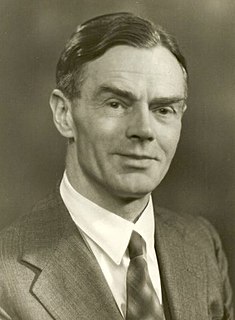A Quote by William Winwood Reade
One book that has influenced the writer very strongly is Winwood Reade's Martyrdom of Man...It is still an extraordinarily inspiring presentation of human history as one consistent process.
Related Quotes
Oh, I love labels, as long as they are numerous. I'm an American writer. I'm a Nigerian writer. I'm a Nigerian American writer. I'm an African writer. I'm a Yoruba writer. I'm an African American writer. I'm a writer who's been strongly influenced by European precedents. I'm a writer who feels very close to literary practice in India - which I go to quite often - and to writers over there.
I feel very strongly that history is about everything. It isn't just about politics or the military or social issues. If art, music, engineering, science, medicine, finance, the world of architecture and technology - if those are left out, then you're not getting a full sense of the human condition. History is human and we human beings are involved in all kinds of things and that's part of our humanity.
The writers I care about most and never grow tired of are: Shakespeare, Swift, Fielding, Dickens, Charles Reade, Flaubert and, among modern writers, James Joyce, T. S. Eliot and D. H. Lawrence. But I believe the modern writer who has influenced me most is Somerset Maugham, whom I admire immensely for his power of telling a story straightforwardly and without frills.
When I was fifteen I wrote seven hundred pages of an incredibly bad novel - it's a very funny book I still like a lot. Then, when I was nineteen I wrote a couple hundred pages of another novel, which wasn't very good either. I was still determined to be a writer. And since I was a writer, and here I was twenty-nine years old and I wasn't a very good poet and I wasn't a very good novelist, I thought I would try writing a play, which seems to have worked out a little better.
Writing is a process and you must trust the process! Fear and anxiety are part of that process along with the enthusaism and the good days and the joy and the passion and the great hopes you have for a book. But when you run into problems, when you get stuck or scared, you must trust that that is part of how a book comes to pass, and what you need to do is get very still and quiet because Self will tell you how to get out of a hole you've dug for yourself.
By contrast with history, evolution is an unconscious process. Another, and perhaps a better way of putting it would be to say that evolution is a natural process, history a human one.... Insofar as we treat man as a part of nature--for instance in a biological survey of evolution--we are precisely not treating him as a historical being. As a historically developing being, he is set over against nature, both as a knower and as a doer.






































